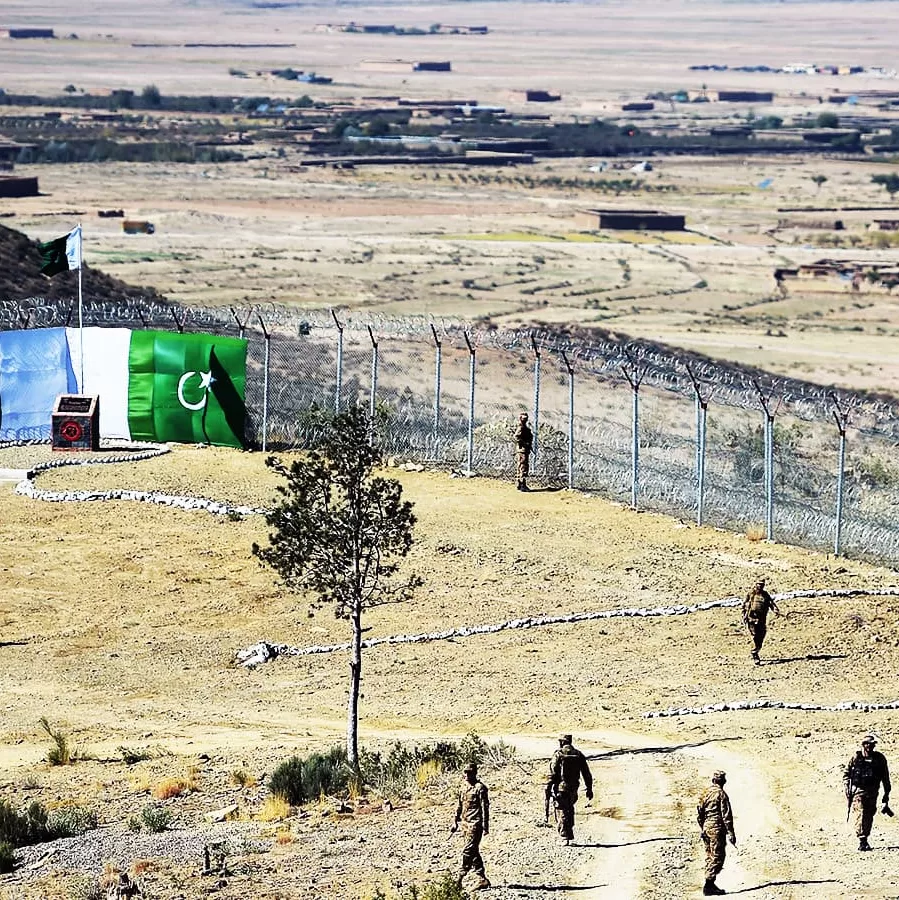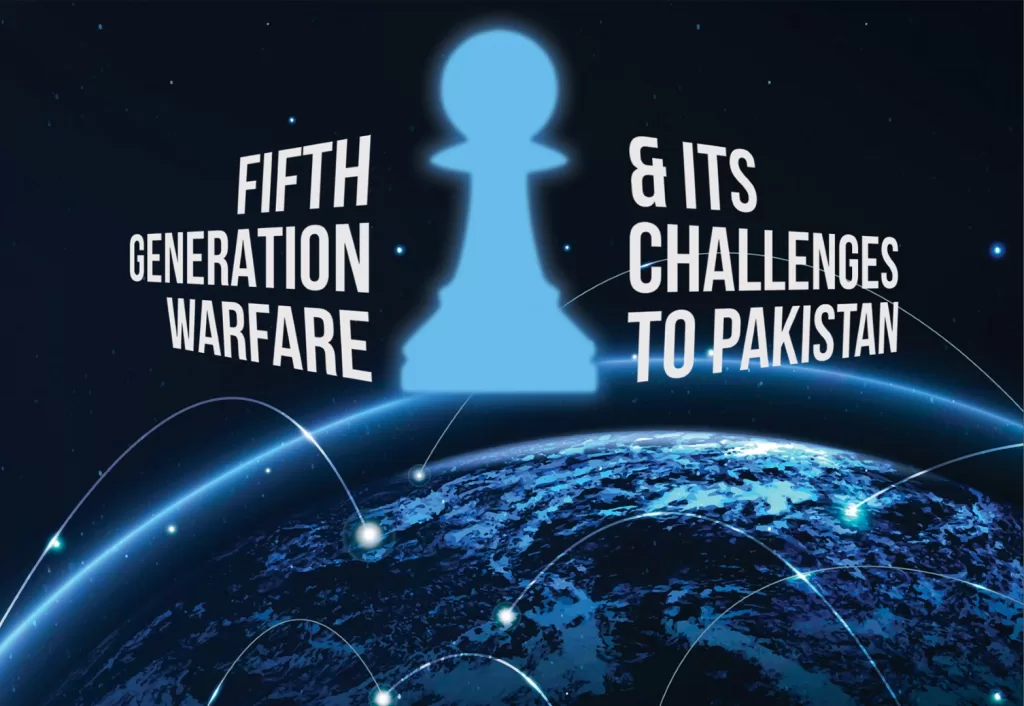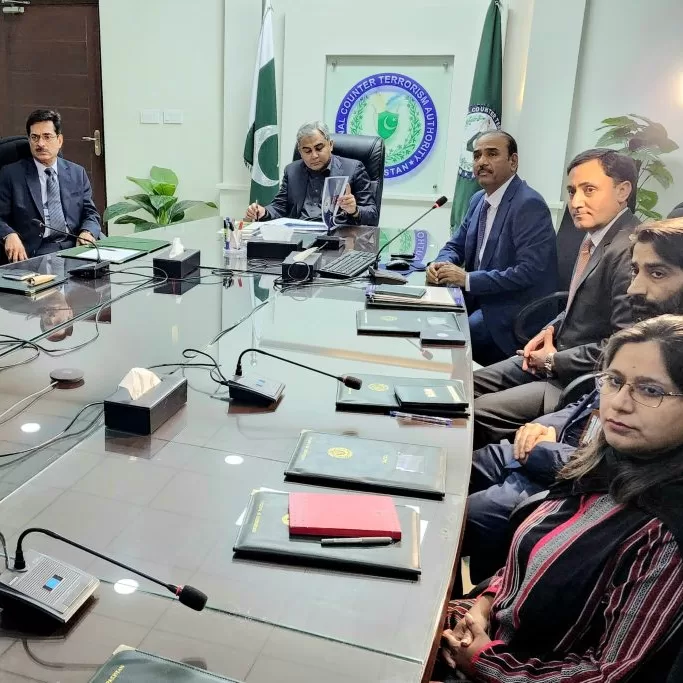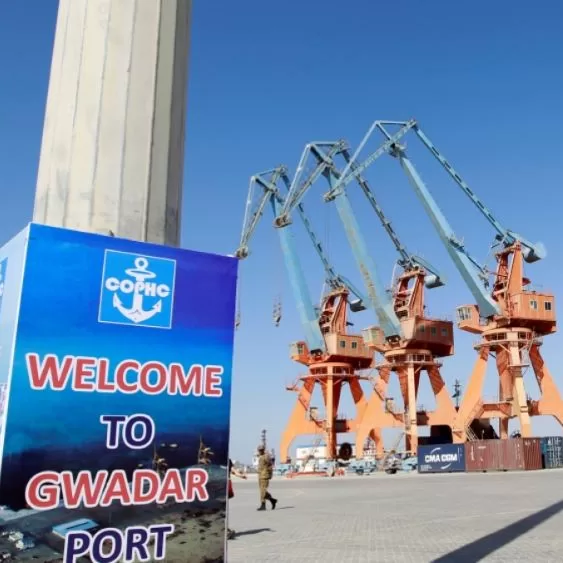This article is being prepared at a time when terror proxies like Balochistan Liberation Army (BLA) and Tehreek-e-Taliban Pakistan (TTP) are trying to intensify their insurgency in Balochistgan and Khyber Pakhtunkhwa (KP). The recent TTP attacks in Bannu and the Jaffar Express passenger train hijacking incidents are core examples of such intensity. The Jaffar Express, a passenger train travelling from Quetta to Peshawar with around 400 passengers on board, was hijacked by the BLA terrorist group on 11th March. The attackers detonated explosives in tunnels and on the train tracks before opening fire on the train, halting it in a mountainous terrain that made it difficult for the authorities to intervene.
The Pakistan Armed Forces launched Operation Green Bolan, eventually releasing 350+ hostages and killing the 33 BLA terrorists.Pakistan is a prime target since the past couple of decades from certain hidden and known hostile agencies (e.g. Indian Research & Analysis Wing – RAW) in the domain of 5th Generation hybrid and proxy warfare. The main purpose of this type of warfare is to weaken the country’s soft image, infrastructure, and economy. The next stage came when paid proxy groups were used to wage guerilla-type warfare to destabilize the country, like it was done in Yugoslavia, Syria and Libya in the past. To achieve such objectives, the hostile powers use many means and maneuvers to execute their vicious plans such as igniting any religious or ethnic sentiments that is usually mishandled by incompetent government officials, conflicting media reporting to create chaos, elaborate negative imaging to harm the economy and to widen the socio-ethnic differences between country’s population, etc.

Highly trained guerilla groups are being used with armed with the latest weapons to destroy the infrastructure and create a sense of destabilization.Moreover, Pakistan faces another challenge – handling opposition to China Pakistan Economic Corridor (CPEC). This great project serves no interest to certain hostile powers as it gives a unique boost to China and Pakistan’s economy. Last year’s terror attack on Quetta Serena Hotel and the Karachi attack on Chinese citizens indicates plans against CPEC by our enemies and appear to be a desperate (but organized) attempt to disturb Pakistan-China relations.
The vicious network that India created around Pakistan for encirclement is fading away for the most part because of the Iran-China mega economic deal. The UAE and Saudi Arabia have also realized the importance of Pakistan as a strategic balancer and ties are getting stronger.In order to counter 5th Generation proxies and to safeguard Pakistan’s interests, Pakistan finally took the rightful measure and started building a dual-sided fence along the 2500+ km long Pak-Afghan border. As of now, a considerable portion of the fence has been completed along with military settlements and fortified style check posts. The immediate impact all over the country was a considerable reduction in major terror attacks. This indicates that most notorious actors were hiding in Afghanistan, and this country was/is being used as a launching pad against Pakistan since 1947.
However, in addition to fencing the border with Afghanistan, we must take some additional steps in the coming future. This is the sole right of a country to protect its interests and safeguard its citizens from any uncertainty due to war-like situation emerging next door. We can leverage a recent example from Turkey which enforced a zone of influence about 30 km wide and 900 km long within the border of Syria and Iraq so that Turkey could be saved from ISIS, PKK and YPG terror groups. The same tactics, with certain modifications, can be exercised by Pakistan to protect its borders when the time comes. Although Afghanistan is under a new regime it is clear that many terror networks still exist there. Acting against terrorist incidents emanating from inside Afghan soil is the right of a sovereign country like Pakistan.
A couple of years back I had mentioned in a detailed article that an effective border management system might also be required at the 950+ km long Iran border in the same way as is done with the 2500+ km long Afghan border, much like “an organized fencing” necessary to control and regulate law and order situation in Pakistan since it was established that terrorists entered Pakistan from the free Afghan border crossings and from the Iranian sides.
The episode of Kalbhushan Jadav and his proxy network using Iranian soil against Pakistan is a very obvious example and can serve as the reason to set up fencing arrangements on the Iranian border. Lately, it has been noticed that the fencing at the Afghan border has served to considerably reduce proxy-terror activities and our security situation has improved a lot in the past few years.
Pakistan successfully fought the 5th Generation proxy war with the help of the people of Pakistan, the Army, and our Markhors. The vicious net was laid in the 90s decade aided by tremendous logistical preparations against Pakistan for such proxy war and was launched during the Lal Masjid incident in 2007.
The sentiments used then against us were the demand from the people of Swat about Islamic laws thus igniting a local Shariah movement by Sufi Mohammad that was later hijacked by Mulla Fazlullah of TTP and his foreign bosses. Keeping it short and to the point, the Pakistan Government should try and tackle such situations and make progress via debates within society relating to any existing issues, be they religious, cultural, ethnic or social because if delayed these issues are later ignited and hostile powers try to benefit from these internal conflicts creating and using proxies via multiple means mentioned in the early part of the article.
Keeping in mind the recent situation in Balochistan and KP where terror attacks are increasing by RAW-sponsored BLA and TTP proxies, we have benchmarked a Charter of Demands that could be taken as the voice of the learned public and intellectuals.

Charter of Demands (Handling 5th Generation hybrid Proxy warfare)
Foreseeing enormous strategic challenges from eastern and western borders and proxy warfare, it is suggested our planners to consider the following short/ long-term measures/recommendations to counter 5th Generation proxy tactics.
- Declare a state of emergency.
- Close Iran and Afghan borders for 6 months and place a six-month ban on Iran/Afghan trade.
- A War Cabinet to be formed during this emergency.
- Try to root out terrorist camps from inside Afghanistan.
- All Afghans need to be deported.
- Investigate National Defense Security (NDS) and ex-Afghan army personnel who may be present in Pakistan after the fall of Kabul in 2021, they must be deported.
- Keeping in mind the known risks emanating from the eastern and western sides, Pakistan must make the Iranian side of the border safe by building 950+ km long fence/wall. The Afghan side fence which was under development since 2017, is now completed.
- Our intelligence networks need more resources (state-of-the-art technology tools) and rigorous training keeping in mind various internal and external fronts. It includes all levels of resources starting from additional resources for defence agencies to civil law enforcement agencies.
- Latest technology in fighting terrorism must be made available and adopted. Joint Intelligence collaboration with neighboring countries and SCO member states must also be considered.
- All types of terror funding to be dried up.
- Complete revision of Foreign Policy in hostile regions.
- Send Envoys to friendly nations armed with dossiers to limit Indian influence.
- Citizen’s awareness and involvement to be introduced. Locals are to be made aware of terrorists and suspicious activities.

• NACTA must lead for effective coordination amongst various agencies. This should be a leading institute countering enemy hybrid warfare tactics. This is a critical step to fight 5th Generation enemy tactics. Reform police to handle terrorism.
• Reward and incentives to be given generously in disturbed areas.
• All Social, Electronic and Print media to be under state control. Counter-narrative groups must be created to handle any anti-Pakistan and anti-military trends on social media. Perhaps the complete banning of TikTok in Pakistan should be considered.
• Keep a close eye on media anchors and social media outfits who ignite the situation by frequently switching their versions. Media groups and personnel are one of the key tools being used in such types of warfare.
• The writ of the State to be restored (curbing cartel/organized crime). We need to develop counter capabilities of civil law enforcement agencies quickly for handling any type of riots/disturbances and aggressive Intelligence Based Operations (IBOs) must be continued on long-term basis. IBOs are proving extremey effective and must be extended to all other domains wherever necessary.
• A sharp awareness campaign must be initiated to let the Pakistan nation know and be aware about the lethalness of 5th Generation warfare. This warfare was lately used for destroying Libya, Iraq, Syria and Yemen along with some pieces taken from the Yugoslavian model. In this warfare, multi-pronged approach is used to destabilize a country with help from various forms of media, igniting regional and internal disputes, utilizing internal overt and covert proxies like BLA, TTP, religious sectarian groups and any sort of movement that targets a country’s unity of command.
• The Police is not yet designed to handle hybrid warfare, so it is necessary to set up training for the overall police structure in Pakistan on how to handle this lethal warfare. ISPR can play a vital role in this domain. Moreover, retired army personnel and/or bubble assignments from the army can be extended to the police for establishing such arrangements and create an organized culture within the police structure.
• The people of Pakistan must remain vigilant against such elements who can ignite any situation. The Government and ISPR should set up a strategy on how to activate counter social media groups against 5th Gen proxies. It seems that organized trends are being developed to show a negative image of the country that impacts badly on multiple areas and dimensions. These organized groups are already set in place by hostile agencies as part of hybrid warfare through social media propaganda and the only way to counter them is to establish/set up equal responses via organized social media groups that can elaborate Pakistan’s rationale narrative.
• Counter Terrorism Department (CTD) numbers in Balochistan and KP must be increased.
• Challenge Balochistan political supporters of terror like BYC.
• Civil Defence to be activated
• All Parties Conference to be held
• Military courts to be formed in operation areas
• New administration units to be set up in Balochistan
• Special employment opportunities, particularly for the youth in Balochistan. Involve private sector
• All factions of life must come together on one platform to denounce terrorism, urge civilians to cooperate with the law enforcement agencies and simultaneously announce rewards for credible tips against terror/terrorists.
• Motivate patriot Baloch Sardars to engage with the Baloch people.
• Punish criminals who are apprehended; they should not be released by any courts.

Concluding Remarks
Pakistan is the only country that has fought foreign imposed hybrid and proxy warfare in the past couple of decades resulting in tremendous monetary and physical losses yet it emerged as victorious while many countries were destroyed by such warfare. This was only possible due to the unshaken bondage between the people of Pakistan and its establishment and intelligence institutions. Pakistan’s role is pivotal for the flagship CPEC project under OBOR and due to this upcoming bright forecast, our adversaries will try their utmost to undermine Pakistan on all fronts by employing 5th generation proxies. We, as a nation, must be ready and vigilant to reverse all enemy plans.
Acknowledgment
Col (Ret) Maqbool Malik contributed to the Charter of Demands





